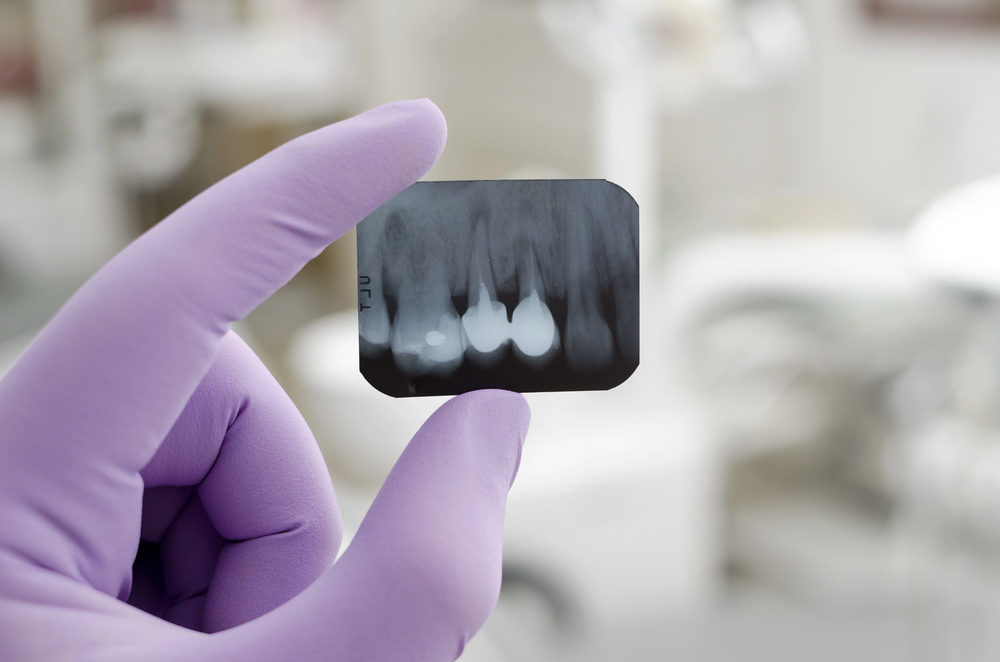Investing in your oral health is an easy way to invest in your overall health, since both are inextricably linked. When you visit a dentist in Raleigh, NC, for examinations and cleanings, you’ll undergo dental X-rays as needed so that the dentist can accurately evaluate the state of your mouth, bone health, and oral health, detect any tooth decay, and then move forward with the right treatment plan to address any dental issues.
Can a Dentist in Raleigh, NC Use Dental X-Rays To Detect Cavities Between Teeth?
Dental X-ray technology is constantly improving, and technological advancements provide dentists with the most detailed images of the patient’s mouth to implement the right treatment plan.
Dental X-rays can detect even the smallest cavities between the teeth, as these images can reveal cavities in areas that are difficult to see during a visual examination of the mouth. The dentist can then use these images to develop a treatment plan, prevent the decay from worsening, and promote optimal dental health.
What Else Can Dental X-Rays Detect?
Aside from those hard-to-see cavities between the teeth, dental X-rays also provide dentists with valuable insight into each patient’s mouth and oral health. They reveal cavities on the surface of the teeth, bone loss, impacted teeth, teeth that have yet to erupt, infections, decay beneath fillings, cysts, and some mouth tumors.
Another one of the benefits of dental X-rays is that they can help dentists evaluate their patients’ mouths and the healing process after they undergo certain dental procedures. They can also help confirm patient eligibility for certain treatments by evaluating their bone density and aspects of their overall oral health that can’t be determined by a visual examination alone.
What Is the Protocol for Tooth Decay?
If X-rays images reveal tooth decay on or between the teeth, the next step is treating that decay and preventing it from worsening. There are some most common treatments that address tooth decay of the teeth, including decay and cavities on smooth surfaces, chewing surfaces, and at the root of the teeth.
The first step in treating tooth decay is evaluating the severity of the decay and then determining whether fluoride treatments, fillings, a root canal, or more advanced measures will effectively address the issue.
How Often Do I Need Dental X-Rays?
Dentists typically perform dental X-rays once every six to 18 months. The frequency at which patients receive X-rays during routine examinations depends on their oral health, their risk factors, and the dentist’s recommendations. The purpose of these X-rays is to provide the dentist and their technicians with insight into your mouth so they can take preventative and prescriptive measures to address any areas of concern.
If you’re looking for a dentist who provides comprehensive dental care for you or your entire family, we can help. At our office, we provide quality dental services for patients in the North Raleigh area and offer a wide range of dental treatment options. Contact Rebecca E. Reeves DMD, FICOI, in Raleigh, NC, to schedule an appointment.

